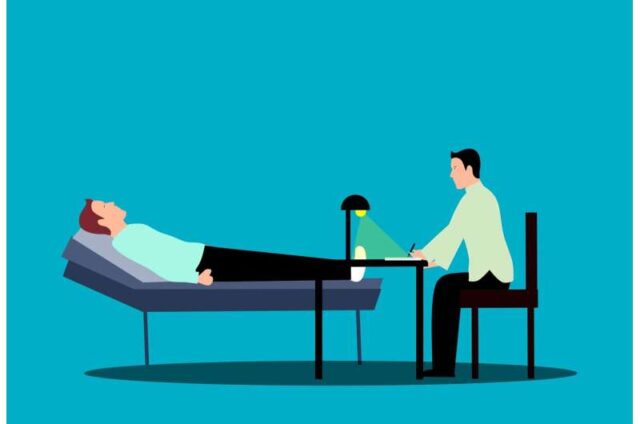Why Can’t I Sleep: Turning Bah-bah to Zzzzz
If counting sheep worked, bedrooms everywhere would be covered in sheep wallpaper, hold shelves filled with sheep miniatures, and bedding would come in sheep skin or fur options. Sensory devices to enhance sleep would feature the sounds and smells of sheep. Meditative guides would lead you through series of, “Bah-bah.” Sheep are not the answer to improving sleep.
Luckily, there are specific behaviors and environmental changes that can improve your sleep experience. Let’s talk about sleep hygiene. These are ways that we can improve and enhance quality sleep. Sleep impacts mental and physical health, mood, and happiness. Here are quick tips:
Create A Pleasant Room
Create your bedroom environment to focus on obtaining quality sleep. It should be comfortable and pleasant. Room temperatures should be cool for sleeping, around 60-67 degrees for optimal sleep. Invest in comfortable sleep tools: mattress, pillows, and bedding. Natural fibers in bedding such as cotton, silk, and down feathers can assist in temperature regulation. Using fibers that reduce allergy discomfort such as down-alternatives should be used if needed. Consider using an air-purifier or humidifier based on your needs.
Light signals your brain to wake up or calm down. Light emitted from electronics signals a wake up call, and as such, electronic screens should be avoided (30 mins-2 hours before sleep). Dimmers, soft lighting, and black-out curtains can add to the comfort of your room. Using an eye mask, ear plugs, a fan, or a white-noise machine can assist in creating a pleasant sleep environment.
Day Activities
During the daytime, seek natural light. Natural light helps set our sleep-wake cycles. Engaging in exercise during the day, even as little as 10 minutes of aerobic exercise, helps. Strenuous exercise should generally be avoided directly prior to bedtime for most people, as it can be exciting. Try a morning workout or a leisure walk after dinner.
Set A Schedule
One of the most simple solutions to improved sleep is to set a schedule when you go to bed and get up at the same time everyday. When I state everyday, I include the weekends. Our bodies have circadian rhythms and internal clocks, which are linked to the suprachiasmatic nucleus in our brains. Yes, our brains and the cells of our bodies are in-tune with the pattern of wakefulness and sleep. One of the best ways to support your body in doing the job that it is equipped to do, is to maintain a consistent schedule.
Create A Wind Down Routine
Having a wind down routine can prompt relaxation and help cue your body that bedtime is coming. Experiment and find a routine that you can use every night, before laying down. To help calm the body: try a warm shower or bath, use a lightly scented lotion or oil, engage in gentle stretching, drink a warm beverage such as herbal tea. To help calm the mind: write in a journal, listen to calm music, read a paper book in dim lighting, meditate.
Avoid Stimulants
Certain stimulants and even spicy foods too close to bedtime can impair falling asleep or staying asleep. Especially if you are having difficulty falling asleep, avoiding or limiting caffeine and nicotine can help. Spicy foods or trigger foods can cause gastric upset which interfere with sleep. You may need to experiment to determine what works best for you.
If you have practiced sleep hygiene and are still having difficulty sleeping, it is recommended that you speak with your mental health professional or physician. Physicians can screen for an underlying physical health cause for poor sleep, snoring, and identify allergies.
Some common sleep difficulties that psychotherapy treatment can assist with include: staying awake due to worry or fear, waking up due to experiencing worry, having nightmares, re-experiencing scary or traumatic events, experiencing fear to sleep, or experiencing high levels of stress at work or home. At times, emotional experiences or relationships can impair our abilities to sleep. Psychotherapists can help process these underlying concerns. Psychotherapists can help you identify behaviors that may be contributing to sleep difficulty and assist you with behavioral changes.
Let’s turn counting sheep into sweet dreams filled with Zzzzz.



